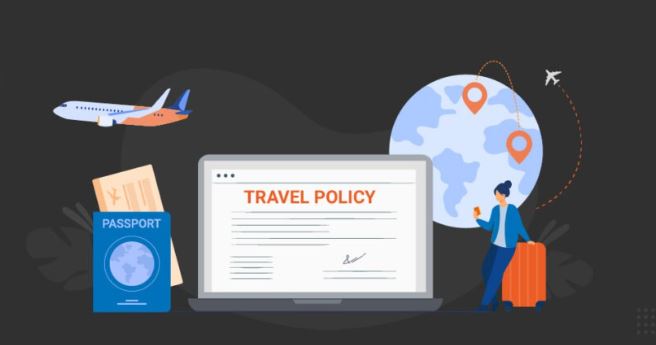Business travel is an integral part of many professional endeavors, but managing expenses effectively is vital for maintaining a healthy bottom line. This guide outlines strategic approaches to control business travel costs, ensuring that your organization achieves its objectives without compromising financial stability.
- Create a Travel Policy: a. Establish Clear Guidelines:
- Define the acceptable limits for accommodation, transportation, and meal expenses.
- Clearly communicate the policy to all employees undertaking business travel.
b. Prioritize Cost-Effective Options:
- Encourage the use of budget-friendly hotels and transportation services.
- Specify preferred airlines or booking platforms for cost savings.
- Advance Planning: a. Early Booking Discounts:
- Encourage employees to plan trips well in advance to benefit from early booking discounts.
- Utilize corporate travel agencies to secure favorable rates.
b. Flexible Travel Dates:
- Allow for flexibility in travel dates to take advantage of off-peak pricing.
- Consider scheduling meetings during less expensive times, if possible.
- Expense Approval Workflow: a. Streamlined Approval Process:
- Implement an efficient system for reviewing and approving travel expenses.
- Set clear criteria for reimbursable expenses to avoid misunderstandings.
b. Automated Expense Management:
- Utilize automated expense management tools to reduce manual errors.
- Implement real-time tracking for better financial visibility.
- Travel Allowances and Per Diems: a. Set Realistic Allowances:
- Establish reasonable per diem rates for meals and incidentals.
- Periodically review and adjust allowances based on the cost of living in different locations.
b. Consider Flat-rate Allowances:
- Implement flat-rate allowances for specific expenses to simplify the reimbursement process.
- Ensure that allowances align with industry standards.
- Leverage Technology: a. Virtual Meetings:
- Promote the use of virtual meetings to reduce the need for extensive travel.
- Invest in reliable video conferencing tools for seamless communication.
b. Expense Tracking Apps:
- Encourage employees to use expense tracking apps for real-time reporting.
- Implement tools that integrate with accounting systems for efficient record-keeping.
- Negotiate Corporate Discounts: a. Hotel and Airline Partnerships:
- Establish partnerships with preferred hotels and airlines for corporate discounts.
- Leverage the volume of your organization’s travel for negotiation.
b. Car Rental Agreements:
- Secure agreements with car rental companies for discounted rates.
- Monitor and renegotiate contracts periodically to ensure competitiveness.









